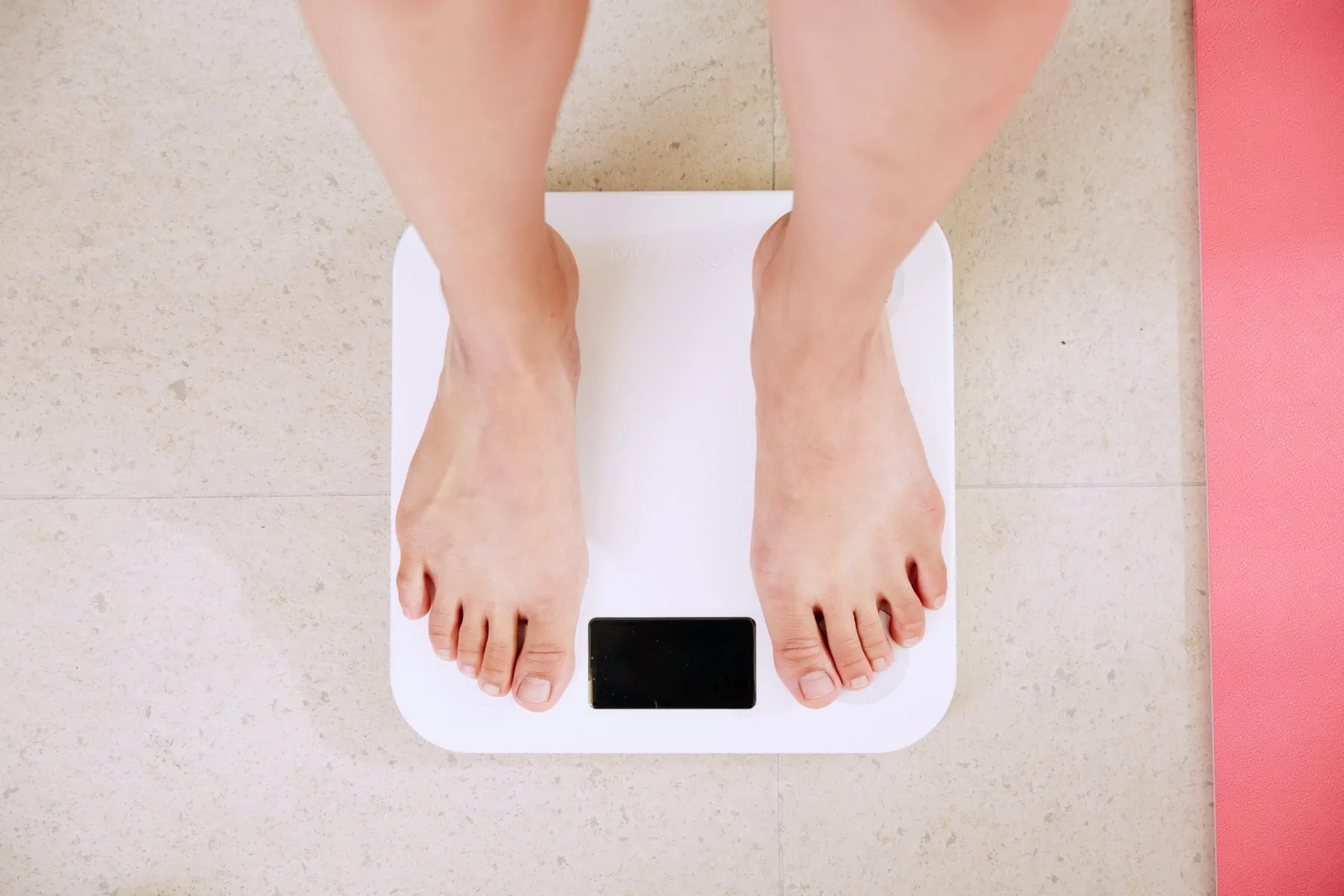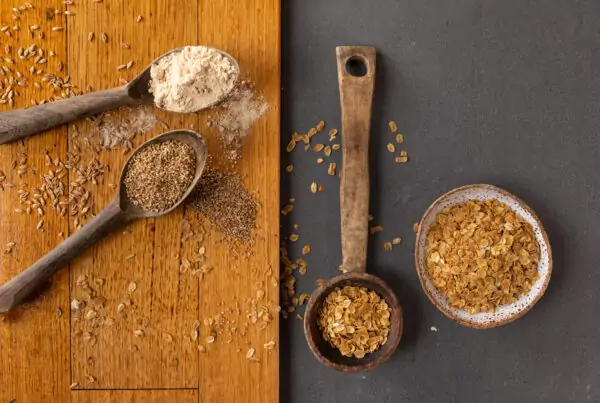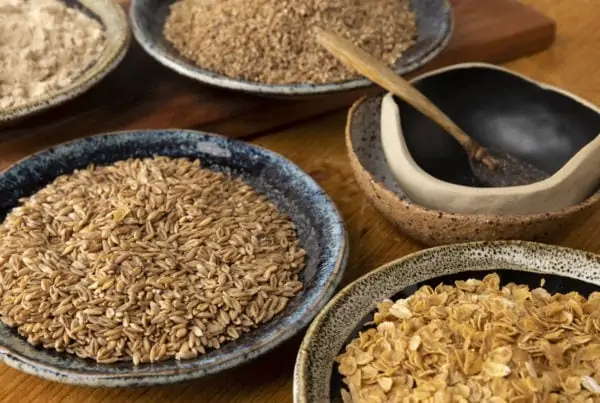The old bathroom scales. Some of us love them, some of us hate them, some of us have a love-hate relationship with them. Whether you like to weigh yourself regularly, or just every now and then – the truth is, the number that shows up on the scale doesn’t actually, really, paint a complete picture.
One side of the coin
While yes, scales do tell you your weight – most of us know that our weight can vary wildly even across the same day. Weighing yourself in the morning can show a very different number to when you jump on the scales of an evening. Moreover, the scales will show you your overall weight at any point in time, but not necessarily provide a breakdown of your percentage body fat, lean muscle, fluids etc. If your objective is to lose weight, and your relying solely on your scales to track your progress – how will you know if you’re losing fat, or whether it’s lean muscle mass which is deteriorating? The number on the scale, ultimately, will only show you one side of the coin.
Don’t count on your scale’s accuracy
Have you ever calibrated your bathroom scales? Probably not. Regardless of whether you have the most up-to-date, digital scales, or the old school pin version, it’s highly likely that they aren’t as accurate as you’d like them to be. There’s also the small matter of the surface on which you place your scales. If the surface isn’t completely flat, you’re foregoing your chance of a reading that’s somewhat even close to accurate. It would be unwise to use the scale, with all it’s inaccuracies and short-comings, as your only tool to measure your weight (or more importantly, health).
What about my Body Mass Index (BMI)?
The Body Mass Index is an estimate of the most appropriate weight for your height; and once calculated will offer you a classification of ‘underweight’, ‘healthy weight’, ‘overweight’ or ‘obese’, as per World Healthy Organisation guidelines. However, the BMI calculation method is not completely foolproof. It does not take into account gender or age, or lifestyle choices which may impact the amount of muscle or fat in the body. For example, the NRL champion Mal Meninga once known to have a BMI of around 30 (categorising him as obese). Most from that era would recall that he certainly wasn’t obese, and certainly was unstoppable at full speed! BMI calculation will also over-index body fat in bodybuilders.
Does the truth lie in my waist measurement?
There is growing evidence to suggest that measuring your waist circumference is a good indicator of overall health, particularly because it is less affected by factors such as ethnicity, muscle mass and height when compared to using BMI as a measurement tool. Government guidelines suggest that in order to reduce the likelihood of chronic illness developing:
- Men should maintain a waist circumference below 94cm
- Women should maintain a waist circumference below 80cm
You know yourself best
At the end of the day, there is no one who knows you better than yourself. You know when you’re feeling healthy and strong, and you know when you’re not feeling your best. Let this intuitive knowledge guide your progress – whatever your goals may be – rather than the number on a scale.
Intended as general advice only. Please consult your health care provider to discuss any specific concerns.
Intended as general advice only. Consult your health care professional to discuss any specific concerns.






